You don’t like to think about the sewer line that carries waste from your home out to the municipal sewer system. Why would you? It’s not a pleasant subject. Most of the time it won’t even cross your mind.
Unfortunately, sometimes it needs to come onto your radar, because sewer lines aren’t indestructible. They age and can suffer from damage that will lead to leaking and clogs. Issues like a broken pipe or small holes can develop over time, causing leaks and blockages that disrupt your plumbing. A damaged sewer line is a nasty problem that can bring your life to a halt and make your home temporarily uninhabitable.
The good news is that you have expert plumbers who can repair sewer lines and even replace them entirely with sewer lining Winnetka, IL. This process doesn’t require ripping open your yard and spending a few days fixing the trouble. We can do the work with trenchless technology, which is fast, effective, and leaves your property virtually untouched. This method provides easy access to underground pipes without the need to dig a large trench, minimizing damage to the surface of your property. Trenchless methods avoid the need to tear up your lawn, driveway, or landscaping, and significantly reduce the need for costly restoration after repairs. Importantly, trenchless technology offers a major benefit over traditional trench methods by preserving your property and reducing disruption.
But first, you have to know you’ve got sewer line problems starting. Putting off sewer line repairs can lead to more severe damage and higher costs. Catching trouble early is the key to stopping a sewage fiasco.
If you suspect sewer line issues, fill out our contact form or call us today to schedule trenchless sewer line repair services.
Below are some of the signs to call us for sewer lining service.
Continue Reading
Tags: Sewer Lining, Sewer Repair, Winnetka
Posted in Drain and Sewer | Comments Off on Signs You Need Sewer Lining for Your Home

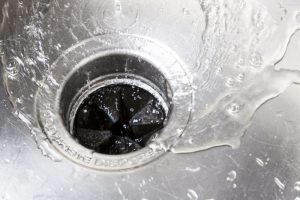
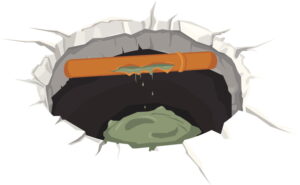
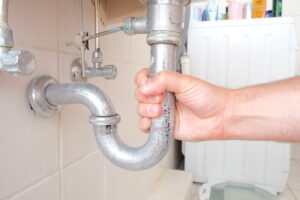
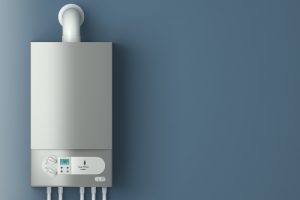
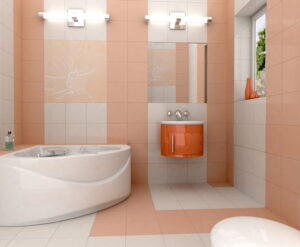 Bathrooms contain the highest concentration of plumbing pipes and fixtures in a house. Consider how much is compressed into this space: a sink, a faucet, a toilet, a bathtub or shower (sometimes both), supply lines for the fixtures and multiple drainpipes to remove wastewater. Bathroom plumbing can run into a range of issues, and you won’t be able to DIY most of them. They’ll require the knowledge and tools of professionals.
Bathrooms contain the highest concentration of plumbing pipes and fixtures in a house. Consider how much is compressed into this space: a sink, a faucet, a toilet, a bathtub or shower (sometimes both), supply lines for the fixtures and multiple drainpipes to remove wastewater. Bathroom plumbing can run into a range of issues, and you won’t be able to DIY most of them. They’ll require the knowledge and tools of professionals. The job of your dishwasher is to make keeping clean easy—specifically, cleaning your dishes. A dishwasher is not only a time-saving device, it can also help reduce water consumption compared to hand-washing dishes. Dishwashers also use hotter water for cleaning than you can get out of your sink faucet, which more effectively kills off bacteria and gives the dishes a deep cleaning that makes them safer to use as well as more pleasant smelling.
The job of your dishwasher is to make keeping clean easy—specifically, cleaning your dishes. A dishwasher is not only a time-saving device, it can also help reduce water consumption compared to hand-washing dishes. Dishwashers also use hotter water for cleaning than you can get out of your sink faucet, which more effectively kills off bacteria and gives the dishes a deep cleaning that makes them safer to use as well as more pleasant smelling.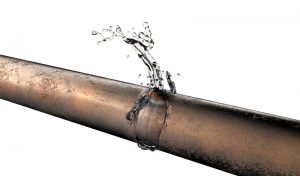 Locating hidden leaks in homes is an important part of our job as professional plumbers. Because so much of the piping in a house is hidden in walls and ceilings, leaks often escape detection for long stretches—sometimes until they start to cause damage to parts of the house.
Locating hidden leaks in homes is an important part of our job as professional plumbers. Because so much of the piping in a house is hidden in walls and ceilings, leaks often escape detection for long stretches—sometimes until they start to cause damage to parts of the house. 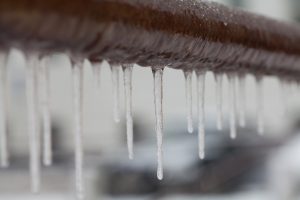
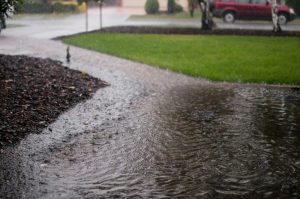 We often have surprise storm activity in Chicago, and the fall rainy season is approaching. That means we are in prep time: do you know if your home is equipped to handle the heavy rains of the coming season? We can help you find out what you need to do about your
We often have surprise storm activity in Chicago, and the fall rainy season is approaching. That means we are in prep time: do you know if your home is equipped to handle the heavy rains of the coming season? We can help you find out what you need to do about your 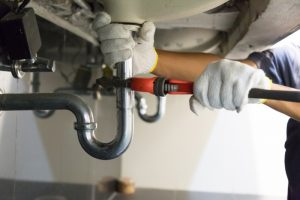 Let’s get straight to it–no, knocking pipes don’t automatically spell trouble. But they certainly can lead to problems if you just ignore them. And knocking pipes are easy to ignore at first. Sure, it’s a little alarming the first time you hear it, but it’s not that loud, and it’s easy to get used to.
Let’s get straight to it–no, knocking pipes don’t automatically spell trouble. But they certainly can lead to problems if you just ignore them. And knocking pipes are easy to ignore at first. Sure, it’s a little alarming the first time you hear it, but it’s not that loud, and it’s easy to get used to.